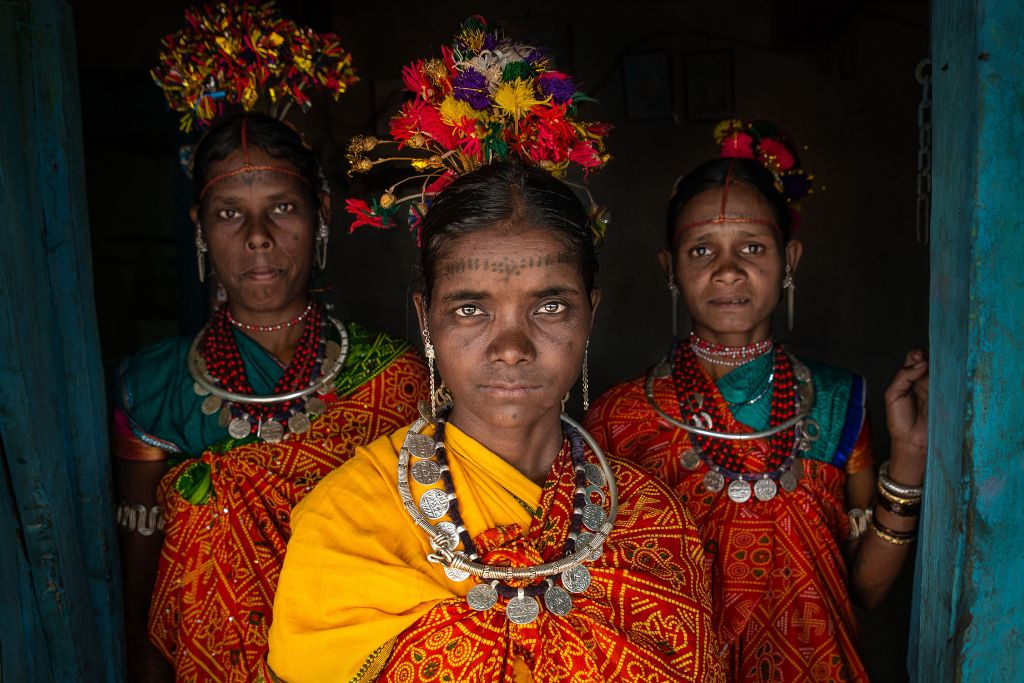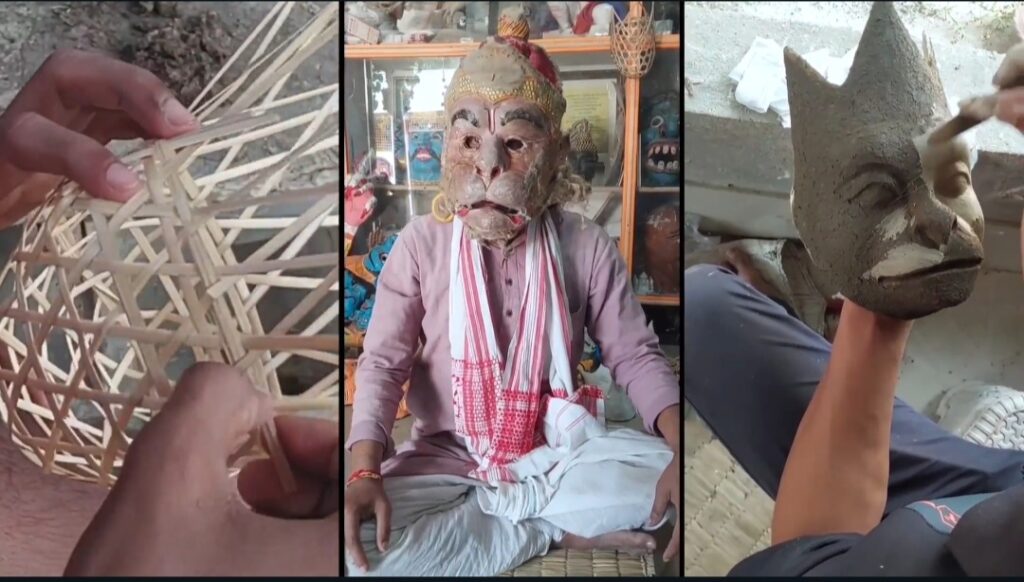Fair employment has become a major problem for youth. Currently 17 crore skilled and unskilled people are unemployed in India. Increasing use of modern techniques worsens the job scenario. Due to COVID-19 pandemic, businesses have been badly affected. This has not only made finding new jobs difficult, but has put current jobs in jeopardy.
The problem of employment is worse in villages, especially in tribal areas. Wage labor and migrating for livelihood have become common. Youth have very limited skill-training and quality education opportunities, which further impairs their ability to get employment. A vicious cycle, this problem continues for generations.
Yuva Shastra, a mentoring program, provides skill-based training, education, awareness and shows employment avenues to tribal youth. With these new opportunities, they are able to achieve success, help their families financially, and be a motivation for other youth.
Rural challenges
When Yuva Shastra program was started with a view to give a new and better direction to the future of tribal youth, the organizers were able to see that the reason for the backwardness of tribal youth was their lack of understanding on many issues.
Apart from this, lack of confidence, lack of education, lack of economic resources, inability to understand the events and their effects around the world, etc. are the reasons that make life difficult for the youth from tribal areas.
Due to limited educational resources, education is restricted to a minimum level in tribal areas. A survey showed that 40% of the youth drop out after passing class X and class XII, due to economic reasons. This hampers their progress.
The level of education is so weak that the youth who have completed class X and XII have poor knowledge in their subjects. Only four out of every 10 youth want to go out for higher education or for a job. The study also showed that only 1.58% of the youth stay outside their village for one to two years.
Yuva Shastra program
Lack of self-confidence affects their ability to make decisions. Keeping this fact in mind, the Yuva Shastra program ensures participation of youth in self-help groups and village organizations in the first phase. Youth clubs have been formed at the panchayat level, to ensure all round development of youth through various activities and sports.

In the second phase, a workshop on Re-Imaging the Future (RIF) is organized, which gives a lot of clarity about their direction in life, in terms of education and employment opportunities. This year, there are plans to conduct RIF workshops for all youth in more villages. Out of more than 1,000 youth registered for employment and education through Yuva Shastra, 700 participated in RIF workshops.
Then through Jeevika Counseling (career counseling), youth are given information in many fields like higher education, advanced agriculture, animal husbandry, hotel management, small scale industries, etc. After the counseling, during the mentoring process, they learn communication and various skills, based on their career choices.
Positive outcomes
After participating in the Yuva Shastra program, six young women and three young men from Narayanganj block got a job in October, in the textile department of Welspun India Limited located in Kutch, Gujarat.
Presently, 158 youth are employed in various multi-national companies. “It is like a dream come true,” said Surendra Varkade, a youth from Kudamallee village working in Welspun India Limited. “Today, I am not only self-sufficient, but I am also able to help my family financially.”
The program has helped young women also to opt for new livelihoods. Seven young women opted for ophthalmology course at Shankara Eye Hospital in Jaipur.
“I had never been out of my block before, and this is the first time I am on such a long journey of 1,500 km to Kutch district of Gujarat in a train,” said Yashwanti Markam, a young woman from Beejgaon village.
“Even after a day’s labor, it was difficult for our family to get food for two days. Yet we started saving money for my girl’s higher education many months in advance,” said Lakhan Vishwakarma, whose daughter Aarti has selected an ophthalmic course.
Changing norms
“Since childhood I was taught to do household chores, and was forbidden to go to school. I rarely got freedom to play,” said an emotional Yashoda, who has been selected to work in Welspun India Limited. “The arguments always centered around marriage when I talked about education.”

Ruby Patta of Kumha said that parents send their children to the anganwadi (daycare center) so that they would get nutritious food. “Education was never their intent. But now both the atmosphere and the customs about education of young women in the village are changing,” she said.
“I did not want our daughetr to discontinue studies and stay in the village,” said Ahilya Bai, resident of Kumha village. “Today she can speak Hindi, English and Tamil. She is the first working member of our family and we are very happy with her success.”
Role models
Education is a powerful medium through which positive changes can be made in the lives of people of these tribal areas. Such programs prove to be a positive step to motivate the other youths of the district and to become aware of the possible progress of their village.
In the coming years, the youth who are moving ahead in life after participating in Yuva Shastra program, will be able to encourage the other youth, and give momentum towards development in the future.
“Through the Yuva Shastra program, there is an opportunity for those youth who have the ability to strengthen the foundation of society. Society will get to know that these youth can prove themselves when given the opportunity,” said Chetan, officer for human resources at Welspun India Limited.
Anirudh Kumar Shastri is currently working as an executive in the Narayanganj block of Mandla district in PRADAN. Views are personal.


